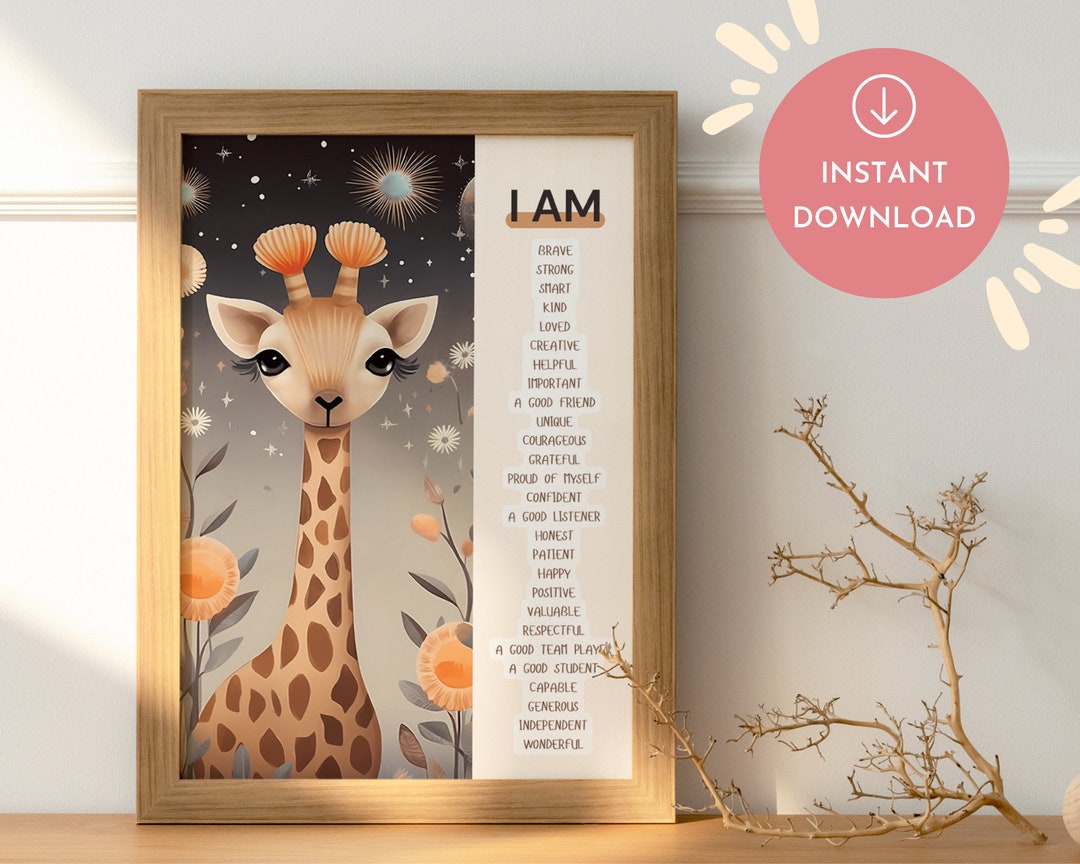Using Love Monster To Foster Positive Self-Image In Children

Table of Contents
Understanding the Power of Love Monster
Love Monster, by Rachel Bright, is more than just a children's book; it's a journey of self-acceptance and the power of friendship. The story follows a fluffy, endearing monster who, initially insecure and fearful of rejection due to his unusual appearance, embarks on a quest to find friends. This relatable aspect of the monster's insecurities – his fear of being different – resonates deeply with children who may struggle with similar feelings.
- Relatable Insecurities: Love Monster's journey beautifully illustrates that it's okay to be different. His imperfections, far from being flaws, become his unique charm. Children connect with his vulnerabilities, realizing they are not alone in their feelings of inadequacy.
- Embracing Imperfections: The book subtly but powerfully conveys the message that embracing our imperfections is key to self-acceptance. Love Monster’s journey highlights that true friendship comes from within, irrespective of external appearances.
- Visual Learning and Emotional Literacy: The book's vibrant illustrations play a crucial role in engaging young children. The bright colours and expressive characters help children process and understand complex emotions like fear, loneliness, and joy. The monster's expressive design promotes empathy and understanding, teaching children to accept differences in others. Love Monster's visual appeal makes Love Monster book an effective tool for emotional literacy in young children.
Practical Activities Inspired by Love Monster
The magic of Love Monster extends beyond the pages of the book. Numerous activities can be implemented to reinforce its message and foster positive self-image in children. These activities encourage self-expression, emotional understanding, and communication skills.
- Creative Self-Expression: Encourage children to create their own "Love Monster" through drawing, painting, sculpting, or building. This hands-on activity allows children to express their creativity and explore their individual identities. This Love Monster activities approach boosts self-esteem and confidence.
- Role-Playing and Emotional Understanding: Role-playing scenarios from the book can help children understand and process the emotions experienced by Love Monster. This interactive approach fosters emotional vocabulary and encourages open communication.
- Discussing Feelings: Use the book as a springboard for discussions about feelings and emotions. Ask children how Love Monster might be feeling at different points in the story, and encourage them to share their own experiences and emotions in a safe and supportive environment. This promotes emotional expression and emotional regulation skills for children. These creative activities for kids also develop their social-emotional learning.
Extending the Love Monster Message Beyond the Book
The powerful themes of self-acceptance and embracing differences presented in Love Monster shouldn't be confined to story time. These principles can be seamlessly integrated into everyday life, fostering a positive and supportive environment for children's emotional growth.
- Positive Affirmations and Self-Compassion: Encourage children to practice positive self-talk and self-compassion. Help them identify and challenge negative thoughts, replacing them with positive affirmations.
- Self-Care Practices: Introduce age-appropriate self-care practices, such as mindfulness exercises, relaxation techniques, or engaging in activities they enjoy. These practices build resilience and boost self-esteem.
- Addressing Negative Self-Talk: Teach children to identify and reframe negative self-talk. Help them understand that everyone makes mistakes and that imperfections are part of being human. This process builds resilience and cultivates self-compassion, essential elements of positive self-image.
- Connecting to Real Life: Connect Love Monster's story to real-life situations to make the messages more relatable. Discuss examples of how differences can be strengths and how kindness and empathy can build strong friendships. This practical application of Love Monster benefits strengthens social-emotional learning.
Conclusion: Cultivating Positive Self-Image with Love Monster
Love Monster offers a unique and effective approach to nurturing positive self-image in children. By embracing the book's message of self-acceptance and celebrating differences, we can help children develop a strong sense of self-worth and resilience. The activities suggested, combined with the book's powerful narrative, provide a comprehensive approach to building self-esteem and promoting emotional well-being in children. Start nurturing your child's self-love today with the help of Love Monster! Read the book, engage in the activities, and witness the positive transformation in their self-esteem. The positive impact of Love Monster on children's self-esteem and emotional development is undeniable.

Featured Posts
-
 Huuhkajat Saavat Vahvistusta Benjamin Kaellmanin Kasvu Ja Potentiaali
May 21, 2025
Huuhkajat Saavat Vahvistusta Benjamin Kaellmanin Kasvu Ja Potentiaali
May 21, 2025 -
 Liverpool Juara Liga Inggris 2024 2025 Prediksi Dan Daftar Juara Premier League 10 Tahun Terakhir
May 21, 2025
Liverpool Juara Liga Inggris 2024 2025 Prediksi Dan Daftar Juara Premier League 10 Tahun Terakhir
May 21, 2025 -
 Tory Councillors Wife Jailed For Hotel Fire Tweet Appeal Pending
May 21, 2025
Tory Councillors Wife Jailed For Hotel Fire Tweet Appeal Pending
May 21, 2025 -
 Analysis Tony Hinchcliffes Poorly Received Wwe Appearance
May 21, 2025
Analysis Tony Hinchcliffes Poorly Received Wwe Appearance
May 21, 2025 -
 Gumball Expect The Unexpected Teaser
May 21, 2025
Gumball Expect The Unexpected Teaser
May 21, 2025
